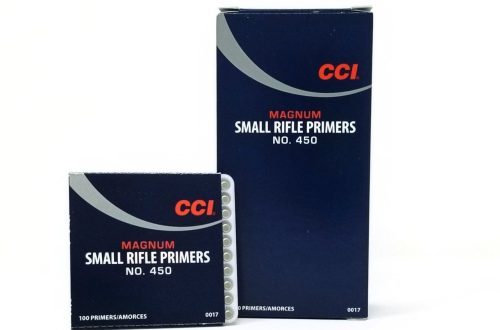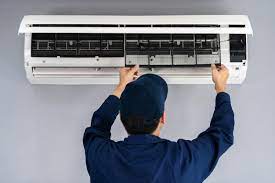Exploring the Benefits of 1031 Exchanges in Houston’s Real Estate Market
1031 exchange in Houston can be an excellent way to defer your taxes and maximize your profits in real estate investments. However, a successful 1031 exchange is not always easy to achieve, especially if you’re not familiar with the process. To help you get started, we’ve put together an insider’s guide to the 1031 exchange houston that will provide you with valuable insights and tips to help ensure your success.
Understanding 1031 Exchange: The first step to a successful 1031 exchange is to understand the basics of how it works. In a nutshell, a 1031 exchange allows you to sell a property and use the proceeds to invest in a like-kind property without paying any taxes on the capital gains. However, to qualify for a 1031 exchange, certain rules must be followed, such as the properties involved must be used for business or investment purposes, and the exchange must be completed within a specified time frame.
Find a Qualified Intermediary: A qualified intermediary (QI) is a third-party facilitator that helps coordinate the 1031 exchange process. They’re responsible for holding the proceeds from the sale of your property and then use them to purchase the new property on your behalf. It’s essential to work with a reputable and experienced QI that understands the complexities of the 1031 exchange process to ensure your success.
Identify Potential Replacement Properties: Before you can complete a 1031 exchange in Houston, you must identify potential replacement properties to invest your sale proceeds in. It’s important to do your research and identify properties that are like-kind to your current property, such as a similar asset class or investment type. You can work with a real estate agent or use online tools to identify potential replacement properties.
Beware of Prohibited Transactions: There are certain transactions that are prohibited in a 1031 exchange, known as boot. Boot refers to any property or cash received in the exchange that does not qualify for a tax deferral. Avoiding prohibited transactions is crucial for a successful 1031 exchange, and it’s essential to work with a knowledgeable QI and tax advisor to help ensure compliance.
Manage Your Timeline: The 1031 exchange process in Houston has strict deadlines that must be adhered to. For example, you must identify potential replacement properties within 45 days of the sale of your current property and complete the exchange within 180 days. It’s essential to work with a QI and keep track of these deadlines to ensure a successful 1031 exchange.
Conclusion:
With the help of this insider’s guide, you now have a better understanding of how to achieve a successful 1031 exchange in Houston. Remember to carefully follow the rules, work with an experienced QI, and identify potential replacement properties that meet the like-kind requirement. By doing so, you can defer your taxes and maximize your profits in real estate investments. Happy investing!

